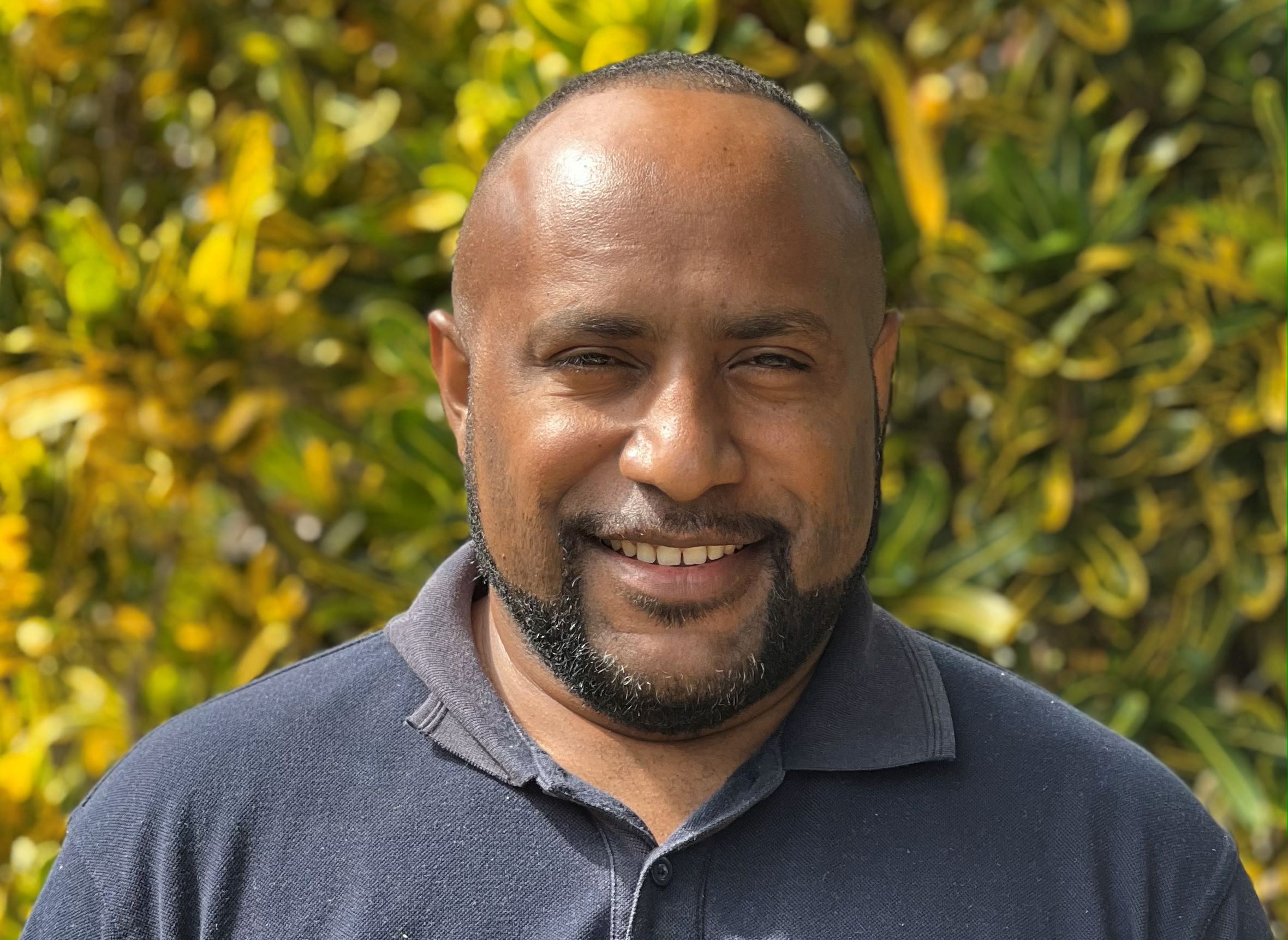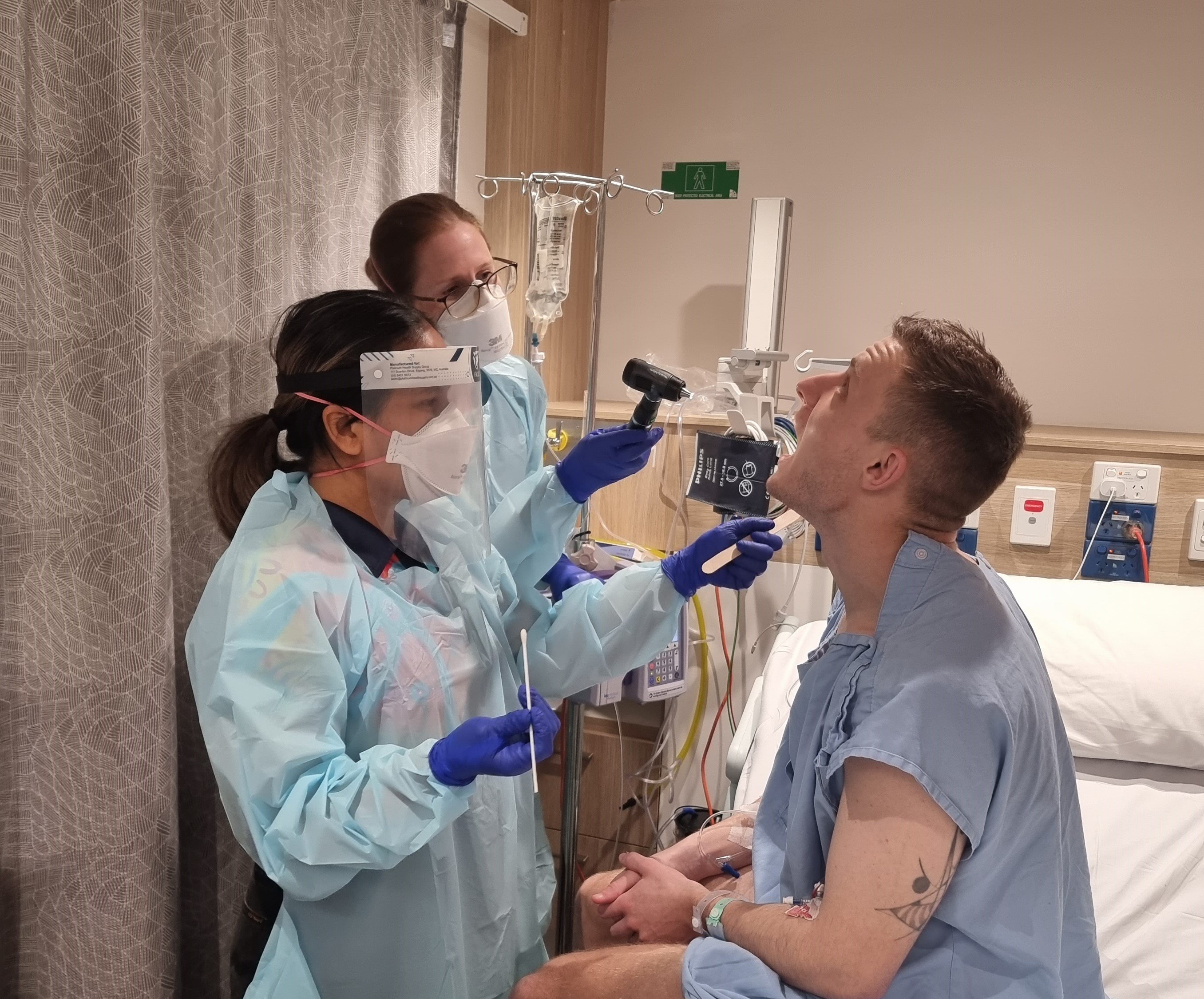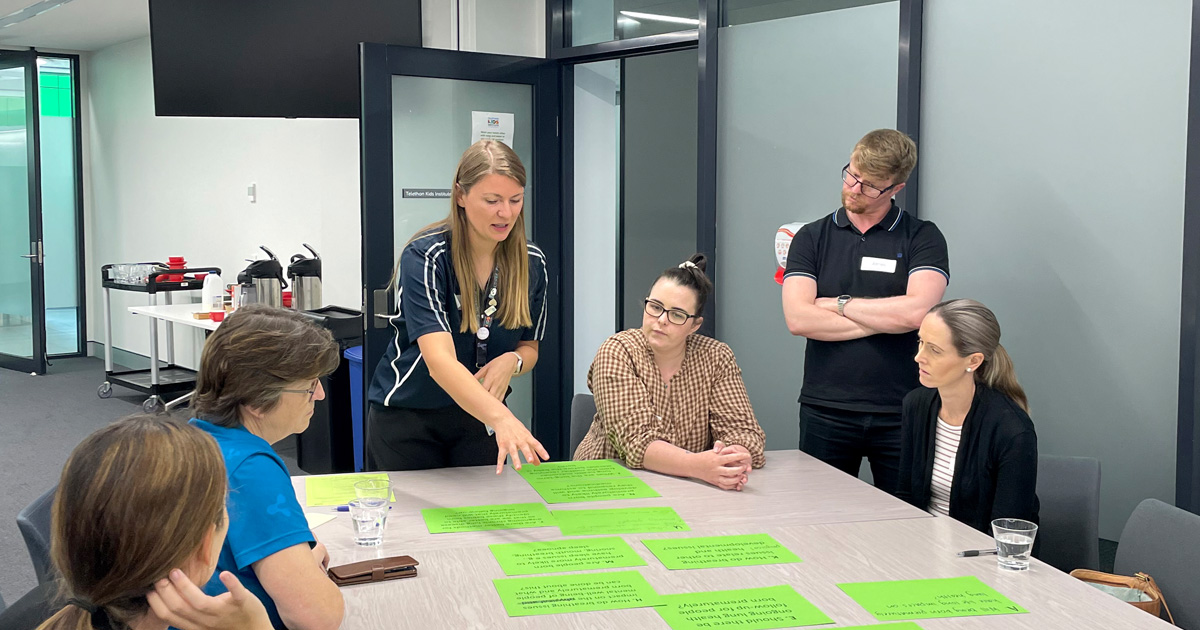Search
IDEA (Intellectual Disability Exploring Answers) Database
Research
Improving Wellbeing for Young People Living with Rheumatic Heart Disease: A peer support program through Danila Dilba Health ServiceThis project seeks to conduct a focus group for young people (aged 11-14) and their parents/family members through the Danila Dilba Health Service (DDHS) in Darwin with the aim of identifying consumer needs and perspectives on next steps and priorities for peer support in RHD.
Research
Innovative Playful Learning Approaches to Improve Children’s Readiness for Primary Education in UzbekistanThe Government of Uzbekistan has committed to reforming preschool education, prioritising upskilling teachers to use international best practice.
Research
International CDKL5 Disorder DatabaseHelen Jenny Leonard Downs MBChB MPH BApplSci (physio) MSc PhD Principal Research Fellow Head, Child Disability +61 419 956 946 08 6319 1763
Research
Interventions to eliminate rheumatic heart diseaseFunded by a 5-year NHMRC Investigator grant to implement a strategy to eliminate rheumatic heart disease (RHD) as a public health problem in Australia.
Research
Koolungar (Children) Moorditj (Strong) Healthy SkinThe Koolungar (children) Moorditj (strong) Healthy Skin project is the first ever co-designed research-service Australian study to describe skin health in urban-living Aboriginal koolungar.

News & Events
Latest Deborah Lehmann Research Award recipient tackles malaria in MadangPapua New Guinean researcher Dr Lincoln Timinao has been awarded the 2025 Deborah Lehmann Research Award (DLRA) for his work aimed at investigating the burden of malaria in young children.

We encourage students to apply for scholarships to support their studies. Applications for non-university scholarships can be made through the Institute.

News & Events
Study which deliberately infected participants leads to penicillin breakthroughA unique study purposely giving participants Streptococcus pyogenes (Strep A) to learn how much penicillin it takes to prevent infection has found the amount needed is much lower than previously thought – a discovery that will transform thinking on treatment for people living with rheumatic heart disease (RHD).

News & Events
Community partnership sets priorities for preterm lung health researchRespiratory disease remains one of the most significant complications of preterm birth, with lasting consequences.
